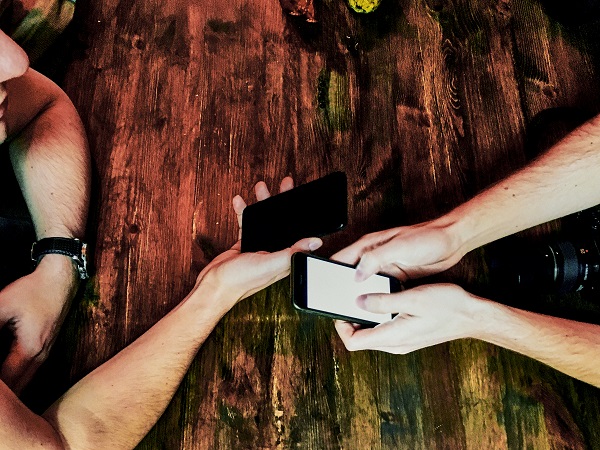
SPONSORED CONTENT
For many of us, WhatsApp has become second nature. We feel secure chatting with friends and family. But with its more than two billion users worldwide, the app has enough to whet the appetites of fraudsters of all kinds, who compete in ingenuity to defraud as many victims as possible. So how do you recognise and prevent fraud attempts on WhatsApp?
Asking for emergency financial support
Cybercriminals pose as a friend or family member and ask you for emergency financial support. Although the phone number used is unknown to you, you may think that it is indeed a relative because the profile picture is familiar to you or because the person refers to a recent conversation you had (like “I should have asked you for help yesterday when we were in that bar”). But nothing is easier for a fraudster than copying a photo or getting information from other platforms like Facebook or Instagram!
Stealing your account
A more elaborate scam is to use the fake friend or contact technique to hack your WhatsApp account. It’s a relatively simple process. The fraudster installs WhatsApp on his device, enters your phone number, and requests the registration code. The verification code is sent to you so the fraudster - masquerading as one of your contacts - sends you a message telling you that he has accidentally dialled your phone number instead of his and asks you to send the verification code over to him. If you agree to his request, you can say goodbye to your account. The scammer logs into your account on his own device. He can then repeat the operation with your contacts or ask them for money, and do so with much greater chances of success since he is pretending to be you with your own account!
There’s a more elaborate method: hackers pretending to be WhatsApp and asking you for your personal details and verification codes for security reasons.
Sending fake promotional ads
Another very popular scam is to send you fake promotional ads from recognised organisations and brands. This is phishing: a scam to obtain sensitive data such as login or bank details in order to steal your identity. The messages usually contain a tempting offer: "Click and win flight tickets", "Take advantage of big sales ", etc. Sometimes you are asked to provide your credit card details or, better yet, to send the message you have just received to your contacts in exchange for a promised gift. This method makes phishing even more effective, because the message you send will be more favourably received by your contacts who know you.
Establishing contact with their potential victims
Scammers also use WhatsApp to establish contact with their potential victims, especially those who carry out transactions online very often. If you are selling second-hand items on the internet, play it safe. You may one day be approached on WhatsApp by a cybercriminal posing as an interested buyer. Before transferring the purchase amount to your account, he will ask first you to deposit a small amount into his account by way of a check and send you a WhatsApp message with a link. By clicking on this link, you will be redirected to a fake site where you will be asked to enter your bank details.
Another example is the parcel delivery scam. Fake employees from online delivery companies notify you via WhatsApp that a package needs to be delivered and ask you to click on the link provided to make a small payment and thus ensure the product is delivered safely to you. The site is completely bogus and has only one purpose: to extort money from you!
How can you protect yourself against such fraud?
Be vigilant. If your "friend" is in a rush when he asks you for money and doesn't want to talk on the phone, this is probably a scam attempt. Never share your verification code with anyone and stay alert if you receive a verification code without asking for it. Secure your accounts as much as possible by enabling two-step authentication. Never respond to payment requests from strangers, even for small amounts.
Also use your common sense. WhatsApp will never ask for your personal data or verification codes. Likewise, online delivery platforms will never ask you to make an additional payment for safe delivery.
If you think you have been the victim of an online scam, contact your bank immediately.
You can find more tips on online security here: www.ing.lu/security









